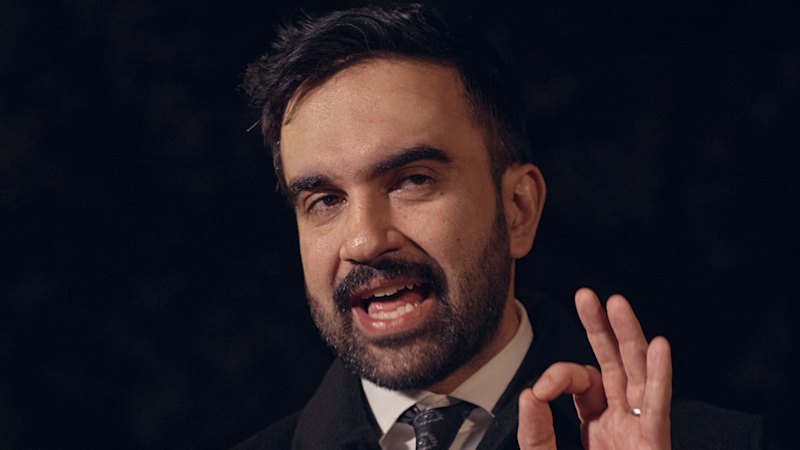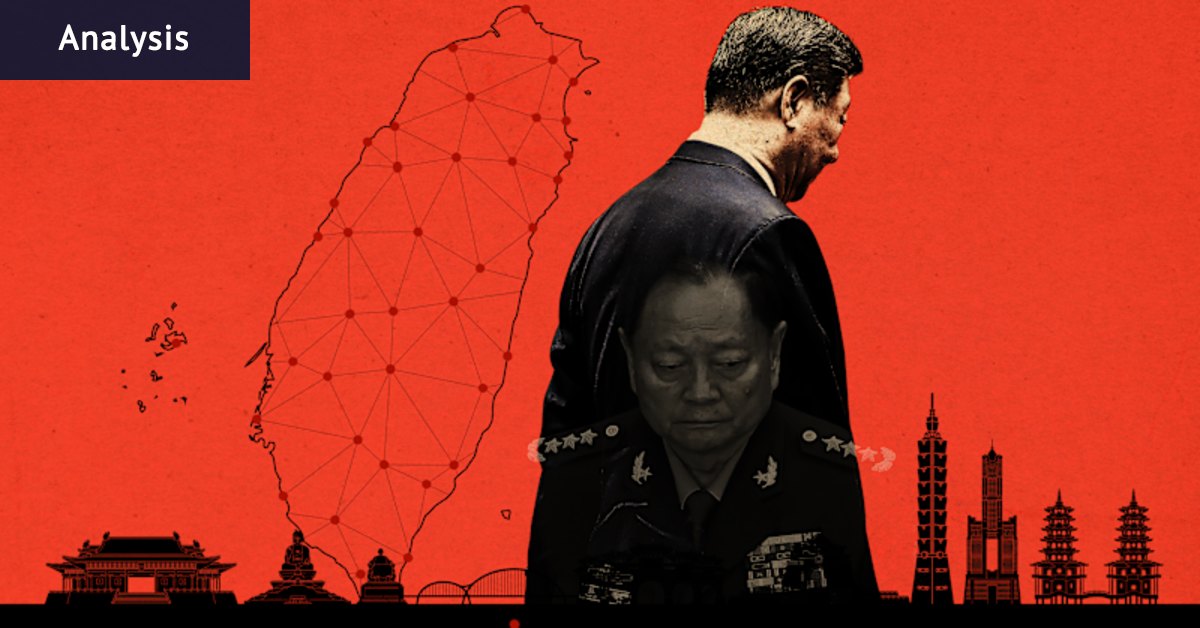
New York: Democratic socialist Zohran Mamdani has emerged victorious as New York’s mayor-elect, promising sweeping changes in a city grappling with soaring living costs. His unexpected win marks a significant shift, as he aims to tackle inequality in America’s largest city.
Mamdani’s campaign focused on addressing the spiraling rents and living expenses that have burdened New York’s working and middle classes. In his victory speech, he declared a “new age” for the city, vowing to “usher in a generation of change.” His success has resonated with Democrats and left-leaning parties globally, offering a potential blueprint for countering right-wing populism.
To finance his ambitious agenda, Mamdani plans to implement a 2% city income tax on individuals earning over $1.5 million annually and increase the top corporate tax rate from 7.5% to 11.5%. Here are five key initiatives on his agenda:
Addressing the Rent Crisis
New York City is experiencing an exodus as residents flee to states like Florida and North Carolina, driven by skyrocketing rents. According to Realtor.com, the median rent for a one- or two-bedroom apartment has reached $5,500 monthly, double the national average.
While New Yorkers generally earn more than the national average, high-paying jobs in finance, law, and technology skew these figures. For many, including essential workers and artists, the city is becoming unaffordable. Mamdani has pledged to freeze rents on nearly one million rent-stabilized apartments, calling it a straightforward promise he can deliver quickly.
The city’s Rent Guidelines Board, appointed by the mayor, decides annually on rent increases for stabilized apartments. Mamdani has vowed to pressure board members to support rent freezes or replace those who resist.
Free Childcare and Public Transport
Mamdani’s most costly proposal is free, universal childcare for children aged six weeks to five years, a measure estimated to cost $6 billion annually. This ambitious plan would require significant support from state politicians, including New York State Governor Kathy Hochul. Recruiting thousands of additional childcare workers, who currently earn around $38,000 annually, presents another challenge.
Additionally, Mamdani aims to make public buses “fast and free” by eliminating the $2.90 fare. While he estimates this would cost the city $630 million annually, the New York transport authority suggests the figure could be closer to $1 billion.
Government-Owned Grocery Stores
Mamdani has proposed establishing five city-owned grocery stores across New York’s boroughs to combat “out-of-control prices.” These stores would operate without a profit motive, passing savings to consumers.
Critics argue that this initiative could face challenges, citing the tight profit margins in food retailing and the dominance of discount suppliers and large chains. Similar projects have struggled in other states, with recent closures in Florida and Massachusetts, according to the Washington Post.
Increasing Taxes on the Wealthy and Corporations
To fund his plans, Mamdani intends to raise the corporate tax rate to 11.5%, aligning with New Jersey’s top rate. The current highest corporate tax rate in New York City is 7.25%.
He also proposes a flat 2% tax on New Yorkers earning over $1 million annually, potentially generating $9 billion. However, questions remain about the feasibility of this plan, and Governor Hochul has expressed opposition to Mamdani’s wealth-tax proposal.
Furthermore, Mamdani aims to nearly double New York’s minimum wage, currently $16.50 per hour, to $30 per hour by 2030.
Reforming Public Safety
Mamdani has faced criticism for his stance on law enforcement, particularly his past calls to “defund” the New York Police Department. Critics highlight a 2020 social media post where he described the NYPD as “racist, anti-queer & a major threat to public safety.”
During his campaign, Mamdani clarified that he would not cut police funding or reduce the force’s headcount. Instead, he plans to allocate $1 billion to establish a Department of Community Safety, transferring some police responsibilities to civilians, particularly in handling mental health crises.
As Mamdani prepares to take office, his bold proposals promise to reshape New York City. The coming months will reveal how effectively he can implement these transformative policies and whether they will serve as a model for other cities facing similar challenges.







